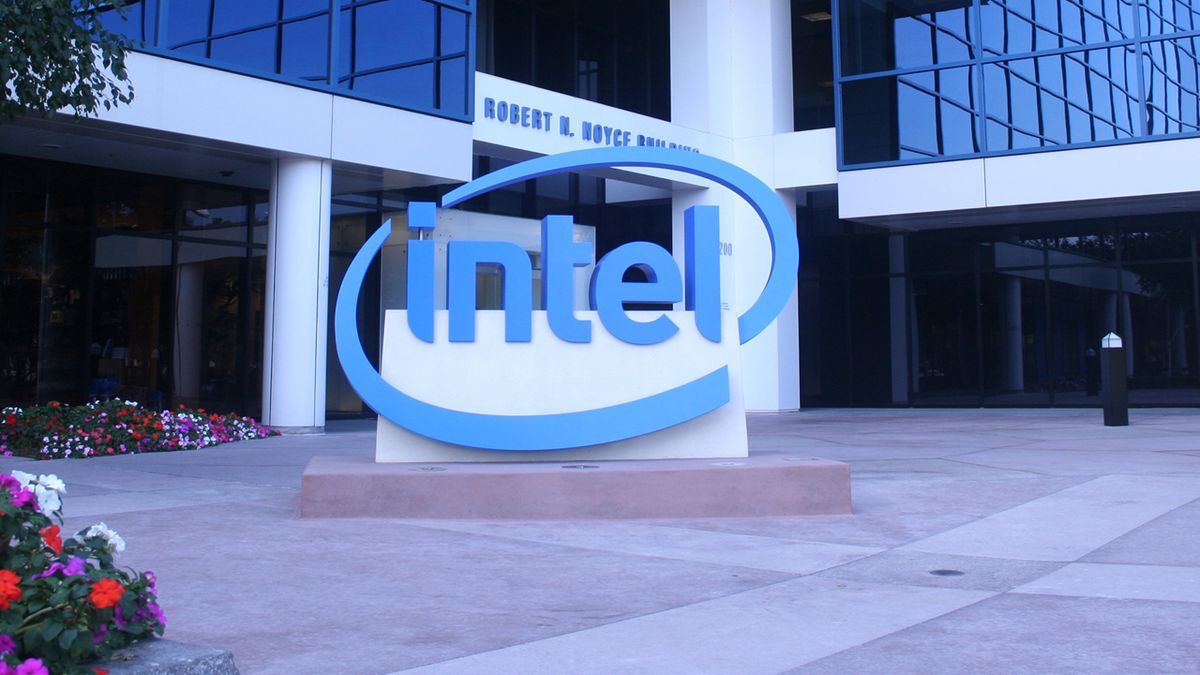I love that for them.
Maybe selling a defective product for a decade and telling your customers to pound sand when the secret gets out wasn’t the best strategy they could’ve employed.
Howndid they sell a defective product forms decade? I mean they sold the same product forever with just rebrands.
Maybe someone can better explain the DOW for me, because it kinda feels like having an index that can be modified on a “whim” is a bad way to indicate health of an economy?
So Indexes are supposed to be a little more rigid than just having companies being “removed on a whim” - you would more likely find that on a mutual fund, which are individually managed, versus an index. That being said, I did look into the difference between Dow and S&P 500, and… well, yeah, the former is selected by a committee who generally pick for the top 30 performing companies, while the latter is just a list of the 500 largest publicly traded companies. I think it is generally not used as a good indicator of economic health, as opposed to the S&P (based on a quick Wikipedia read).
I think a few people might consider it only because it’s been running since 1896, and there haven’t really been a lot of changes as to who gets on / off the Dow (58 since inception). So honestly, more than anything else, it’s just really bad PR for investors who might care that Intel is doing so poorly that it’s being kicked off one of the longest-running indexes, which is never good news. Might rattle them enough to where they start demanding big changes, which is likely what Intel needs.
Thank you! I had a general idea of it, but clearly not full!





